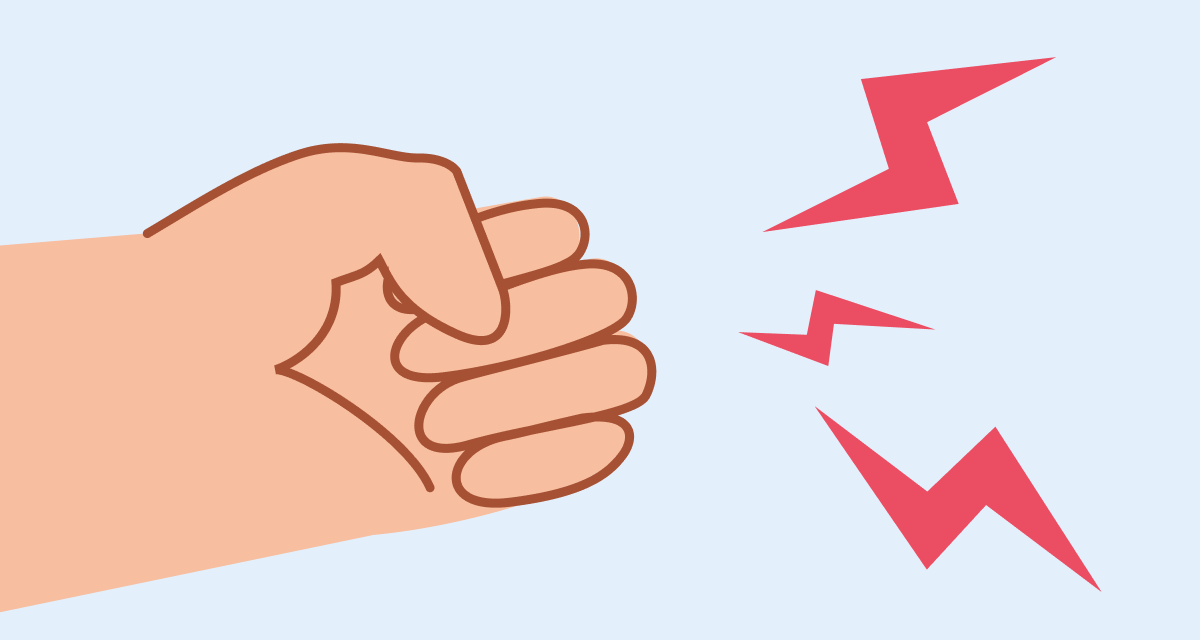Teen Anger: How to Handle It

Strong emotions often lie behind a teen’s aggression: anger, anxiety, confusion, or a sense of injustice. And they can’t always express these feelings in appropriate words or behaviors, so the emotions come out as yelling, harshness, sensitivity, or conflict.
This doesn’t mean there’s something seriously wrong with your child. Aggressive behavior is actually an attempt to cope with inner tension. Let’s take a look at where aggression comes from and how you can work through it with your teen to manage it.
😡 Why Teens Become Aggressive
Between the ages of 12–16, teens go through major changes in their nervous system. Emotions become stronger, but controlling them is still difficult. Teens react more sharply to stress and injustice, especially in social situations—at school, with friends, at home, or online.
What often hides behind outwardly rude behavior is insecurity, the feeling of not being heard or understood, or a need for independence. The latter is especially strong in kids ages 13 to 15, who are newly experiencing the drive all adolescents feel to separate from their parents.
🌋 What Can Trigger Aggression
Aggressive behavior doesn’t appear out of nowhere—it’s always triggered by something. Certain factors can increase the tendency toward aggression:
- A tense family atmosphere. Constant criticism, conflicts between parents, or lack of support.
- Feeling alone and unwanted. For example, when it’s hard for a teen to connect with peers or feel like part of a peer group.
- Lack of sleep and exhaustion. Heavy school workload, early wake-ups, or anxiety before exams.
- Low self-esteem. Feeling like they can’t succeed, are inadequate, or their identity is threatened.
- Constant comparisons and pressure to fit in. Especially in teen culture, where it’s important to be “just like everyone else” or “better than everyone.”
All of these factors build up—and an outburst of aggression can become the only way to release tension if the teen isn’t offered or shown another way.
💁 What Parents Can Do
- Don’t argue in the heat of the moment. A stressed brain can’t process logic and reasoning. It’s better to stay calm: “I’m here. Let’s talk when you’re ready.”
- Respect their need for independence. Talk about rules, explain your reasons, and appropriately negotiate instead of forcing decisions. Teens are much more likely to follow rules they see as fair.
- Teach emotional coping skills. Breathing exercises, physical activity, creative outlets, or journaling can all help with self-awareness and emotion regulation.
- Praise their efforts. Even a small step is worth encouraging. “You really tried not to snap today—I noticed. That’s great.”
🤝 When to Seek Help
If aggression becomes frequent, damages relationships, affects schoolwork, or is accompanied by extreme withdrawal, it’s time to seek help from a clinical psychologist or psychiatrist. Helpful approaches include:
- Cognitive-behavioral therapy (CBT)
- Family counseling
- Emotional regulation training programs
Teen aggression isn’t a life sentence—it’s a signal that your child is struggling. With support and attention, even the stormiest periods can be worked through together.
References:
- Your Guide to Coping with an Angry Teenager, University of Utah Health, 2025
- Aggression in Teens: Causes, Signs & Treatment, Newport Academy, 2024
- Teens and Anger, Child Mind Institute, 2024
- Aggressive Behavior in Adolescents: Individual and Contextual Factors, Frontiers in Public Health, 2023
Проверьте электронный ящик



















